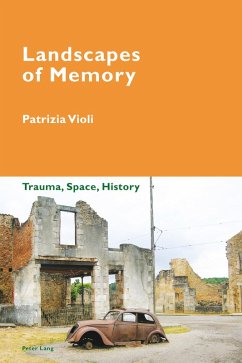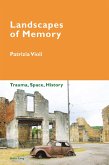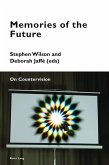Since Auschwitz, and more and more frequently today, places that were theatres of mass suffering and other atrocities are becoming common features of our cultural landscape. What should we do with these places? Keep them as they were, to remind us of what actually took place there, as ideal museums of past evils? Or should we transform them and, if so, into which forms and according to which principles? Which pasts do these places transmit, and how? This volume uses an innovative semiotic methodology to analyse selected key trauma sites. The author demonstrates that these places can become, once properly interrogated, privileged observatories capable of throwing light upon the many different conflicts, forms of social control, and power relationships that underlie any politics of memory. The selfsame notions of trauma and memory become, in this way, rewritten in quite a different light: far from any kind of naturalistic definition, they emerge as painful «knots» within which many of the most crucial questions in the contemporary world are intertwined.
Dieser Download kann aus rechtlichen Gründen nur mit Rechnungsadresse in A, D ausgeliefert werden.
«Overall, Landscapes of Memory is a fascinating exploration of a wide variety of sites, referencing many in brief alongside the dominant chapter leaders. [...] this is an important study of a range of trauma sites and demonstrates not only that there is much for us to learn about sites beyond the familiar European selection, but that each site can teach us something about trauma and a population's response to it more generally.»
(Glyn Morgan, European History Quarterly 48(3) 2018)
(Glyn Morgan, European History Quarterly 48(3) 2018)









